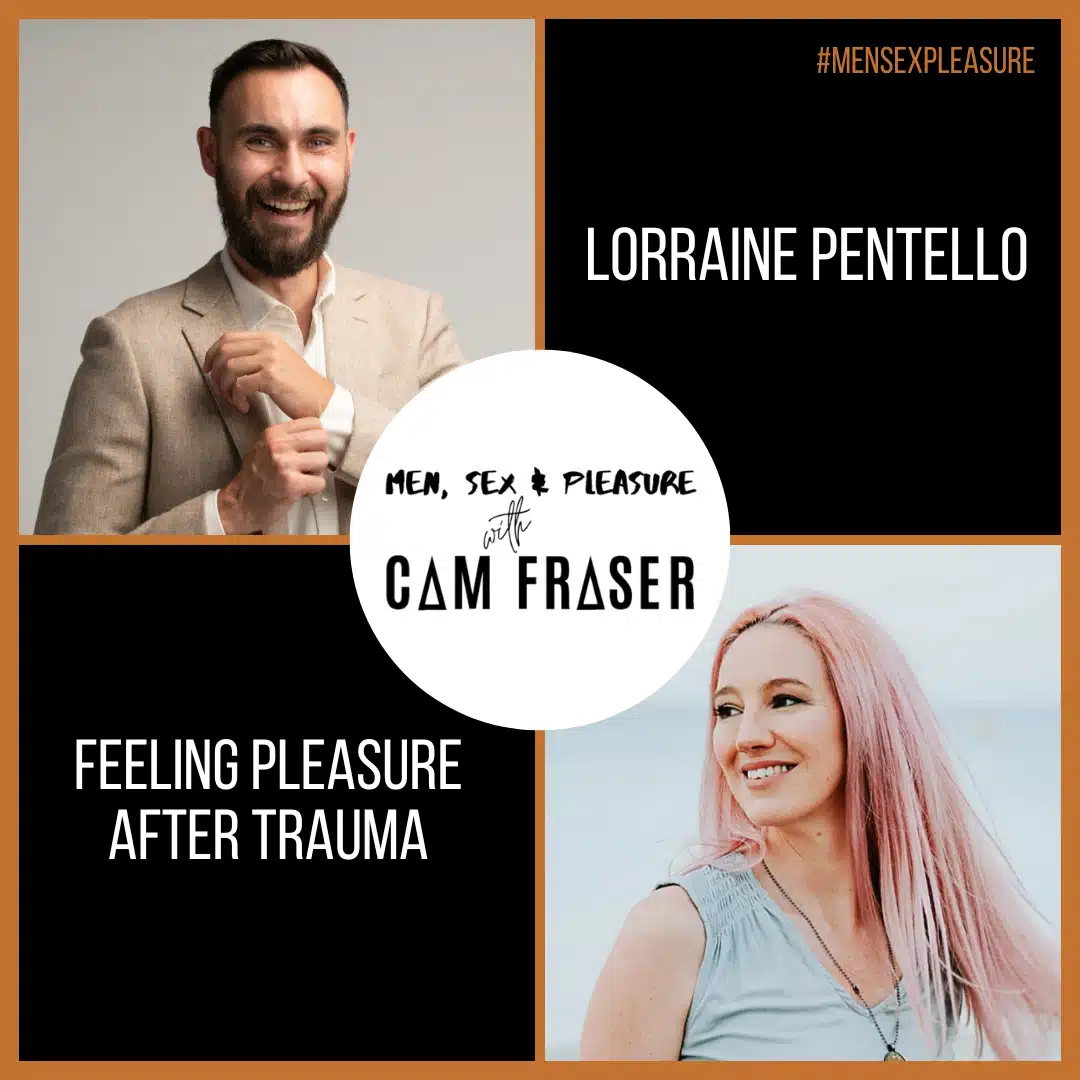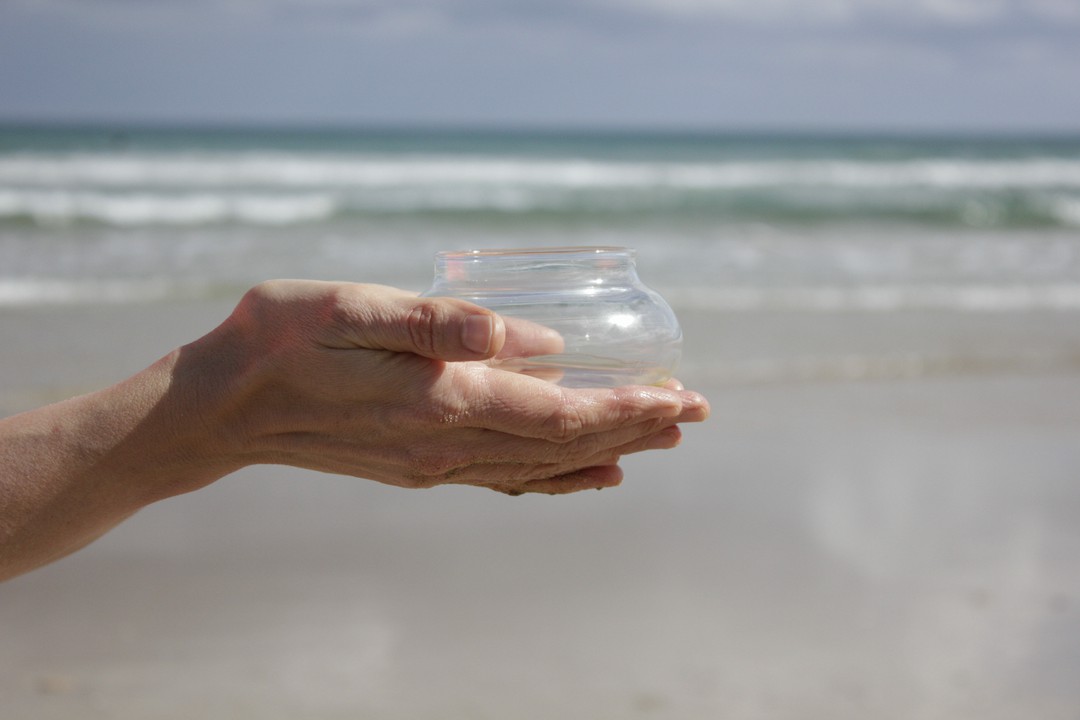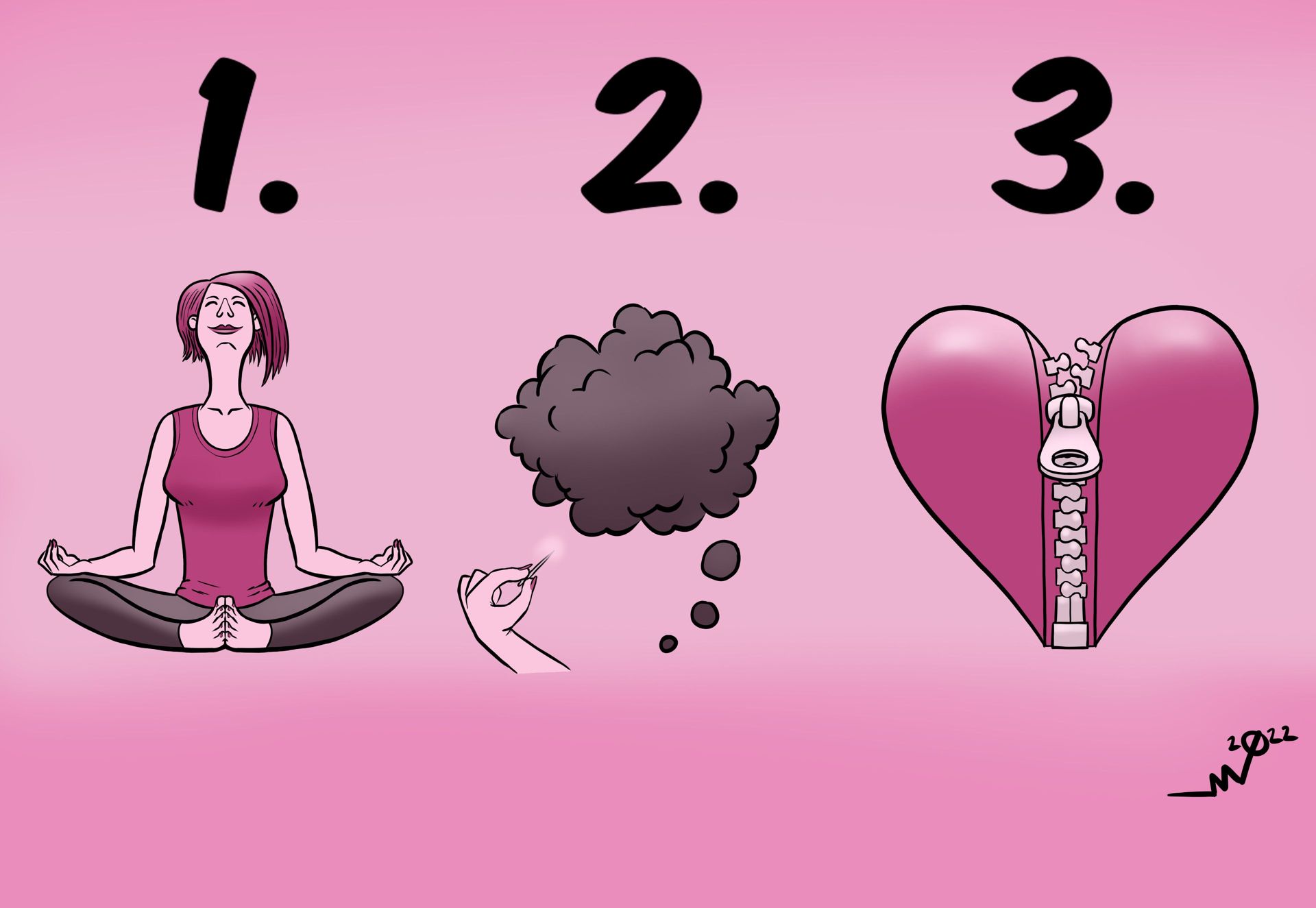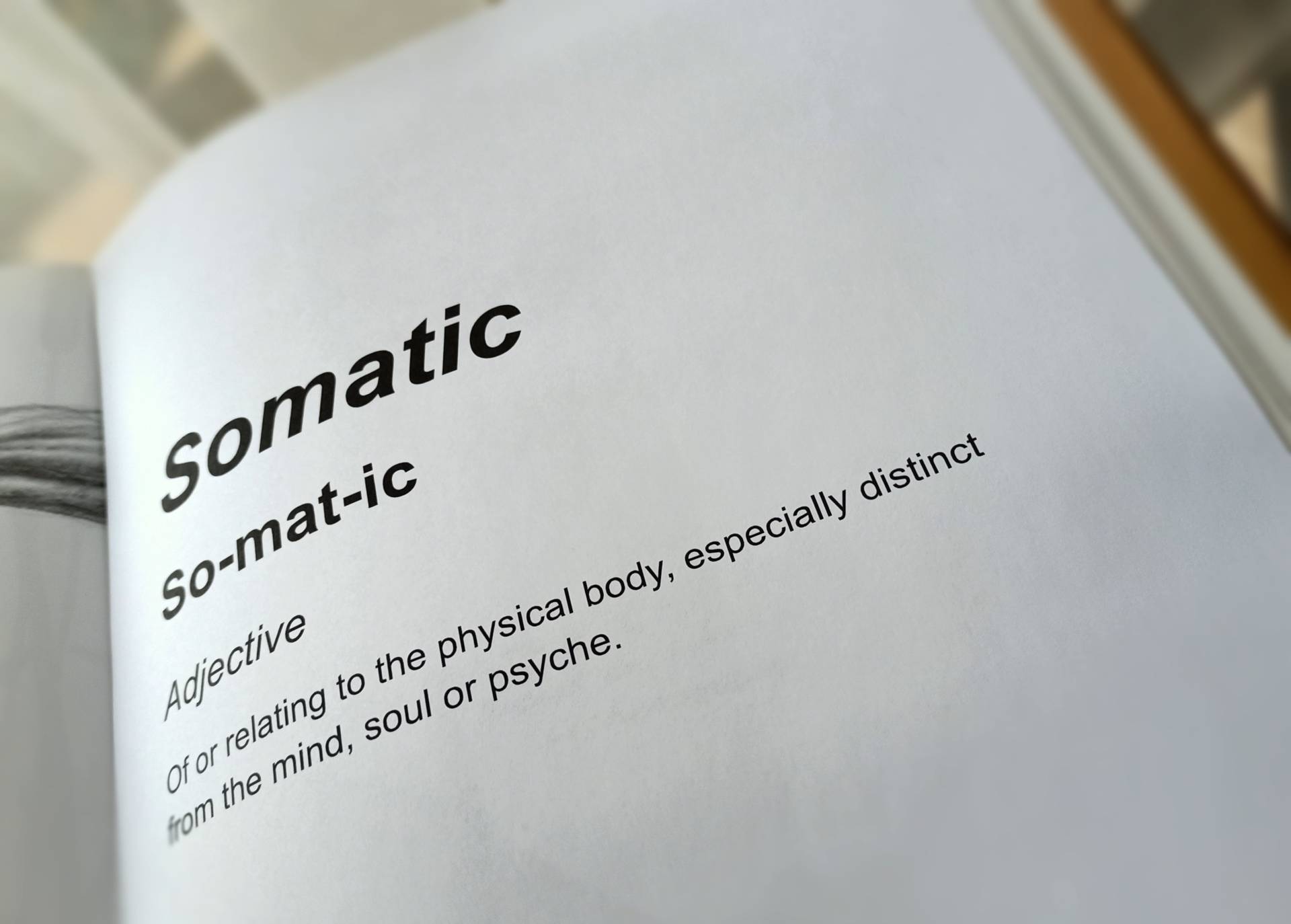Are You Worried About Your Libido?

Libido, like so much about sex, is one of those things that’s often misunderstood. Being seen as wanting too much or too little sex can evoke feelings of shame and guilt and a sense that there might something wrong with us.
I often encounter people in my practice who want to raise or lower their sex drive, and I’ve found that by reframing it, we can not only find solutions, but we can also change how we feel about it.
This isn’t About Gender
Gender stereotypes can paint men as having a high libido and women as having a low libido, but this isn’t necessarily true. These stereotypes are harmful, causing people to needlessly think there is something wrong with them if they don’t fit their supposed gender norm.
Yes, some men do have a high libido, but so do some women. And yes, some women have low libidos, but so do some men. Non-binary and gender diverse folx can have low or high libidos too regardless of the gender they were assigned at birth.
Does Sex Increase or Decrease Your Stress?
Most people think of stress as a manic feeling, but it can also be experienced as lethargy, boredom or disinterest. This is our body encouraging us to move away from things that we find stressful, and move towards things that comfort us, or help us blow off steam.
If seeking out and experiencing sexual pleasure decreases our stress, then in our search for comfort we will seek out more of it, raising libido.
If some part of seeking out and experiencing sexual pleasure increases stress then we will find ourselves avoiding this activity, lowering libido.
When libido itself is causing stress then this can create a feedback loop which further exacerbates the problem, either driving us to seek or avoid sexual pleasure.
When Libido Changes
Hormonal changes such as pregnancy, menopause, aging and illness can affect libido, shifting it in either direction. So too can drugs and alcohol.
The honeymoon phase or ‘new relationship energy’ (NRE) of a relationship can sometimes mask challenges to sexual intimacy, as the biochemical changes that happen in the body during this phase can temporarily boost libido.
It is common for this effect to start to wear off around the two year mark, but sometimes this can even occur after a few weeks. When this happens the challenges to sexual pleasure might start to show up for one or both partners. This can lead to relationships ending because one or both parties think they aren’t attracted to each other anymore.
If this has happened with every relationship that you’ve been in, then it might point to sex being a source of stress, rather than a lack of attraction to your partner(s).
What to Do About it
Whether sex increases or decreases our stress, the solution is mostly the same: to lower our stress.
If we want to raise our libido, but sex increases our stress, then we need to learn how to lower our stress around sex itself.
If we want to lower our libido, but sex decreases our stress, then we need to find activities other than sex that can do the same. This might be as simple as taking up a new sport or hobby, meditating or deep breathing.
Mindful masturbation can be a useful tool for helping both of these processes. It can help to ease stress for people with high libidos, helping them to tone down the pressure of their sexual urges. And for people who find sex to be stressful, it can help them to experience calm and sexual pleasure at the same time. For these people, it can rewire the stress response in the brain, with regards to sex, making it less stressful and easier to access sexual pleasure.
Just to be clear, I’m not talking about quickly knocking or rubbing one out while watching porn. This is likely to exacerbate the issue. What mindful masturbation entails is making a conscious effort to set time aside to be intimate with ourselves and focus on breathing, body awareness, touch, sound and movement; taking our time and being deliberate about the whole process.
If this feels too challenging to do alone then seeking masturbation coaching with a Somatic Sex Coach can be really useful.
When Coaching isn’t Enough
Sometimes trauma can be hiding behind libido issues. This doesn’t just apply to low libido, but sometimes surprisingly, to high libido too!
Trauma doesn’t even need to be of a sexual origin to affect sexual function or libido. Anything that dysregulates the nervous system or causes shame can create sexual issues. This could be one big event like an accident, rape or surgery or many smaller ones, such as being teased, catcalled or rejected.
In this case taking the emotional charge out of the trauma before engaging in coaching is the most effective approach. Trauma therapy such as EMDR can compliment Somatic Sex Coaching in this way to help create lasting change.
Conclusion
Whether you feel like your libido is high or low there isn’t anything wrong with you, regardless of your gender.
It is common for some people to find sex increases their stress and for some to find it decreases it. Whether you have a high or low libido, can hinge on this fact.
If you want to change your libido, then figuring out how to manage your stress is the first place to start. Mindful masturbation, Somatic Sex Coaching and therapy can help.


How to do Anal Massage Post Prostate Cancer Surgery
with Victoria Cullen

Case Study: Libido Restored Post Prostate Surgery!
with Victoria Cullen

Feeling Pleasure After Trauma
with Cam Fraser

What is Traumatic Dissociation?

Turning Down the Dial on Anxiety

Things to be Wary of When You are Experiencing Premature Ejaculation

How to Overcome Premature Ejaculation

Premature Ejaculation is Not a Disease!

The Dark Side of Make-Up Sex

How I Learned to Manage My Panic Attacks

Are You Worried About Your Libido?

Combining EMDR and Scar Remediation

What is Scar Remediation?

How to Make an Organic Castor Oil Pack to Treat Scar Tissue

What Are Scars? It Could Be the Answer to Your Chronic Pelvic Pain!

The Three Phases of Trauma Therapy

What is EMDR Therapy?

What is Somatic Sex Therapy?

What is Sexological Bodywork?

How to Resolve Pelvic Pain, Erection Challenges and Ejaculatory Issues Holistically
with Rahi Chun

Why I love guys who can't get it up
with Georgie Wolf

Sexual Healing
with Sean Nicholas

What Can I Do About My Protruding Inner Labia?
with Charlotte Sway & Roger Butler

Why Are Men Such Dicks?
with Charlotte Sway & Roger Butler

Can You Teach People How To Touch?
with Charlotte Sway & Roger Butler

